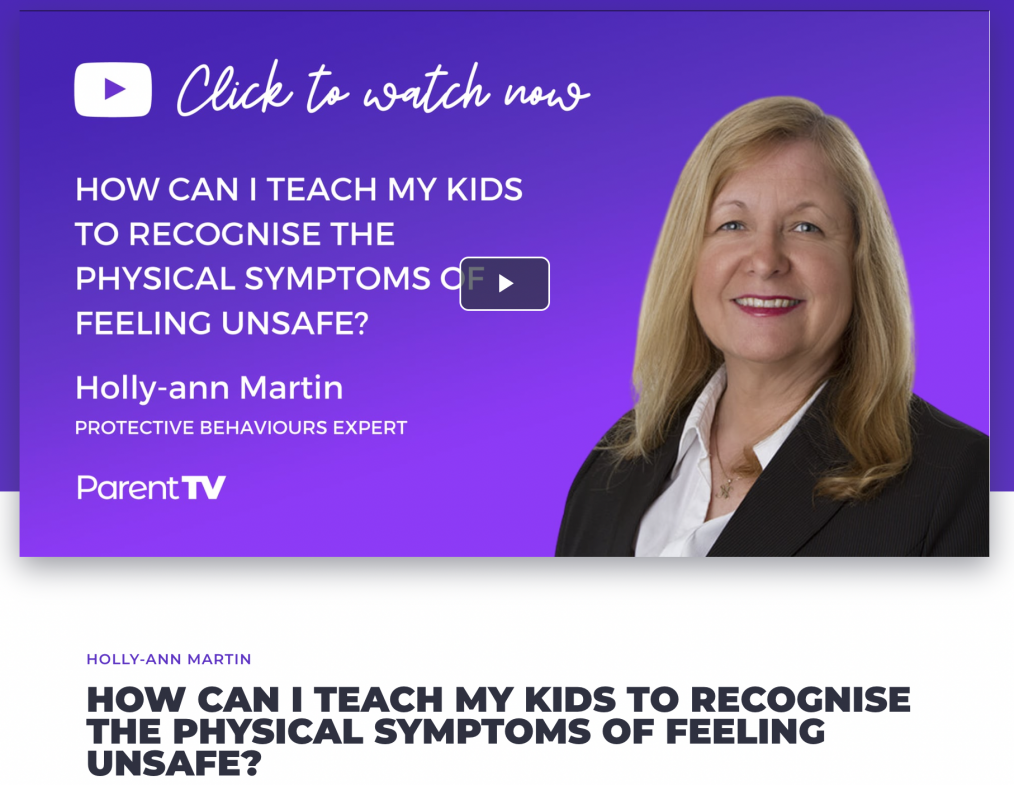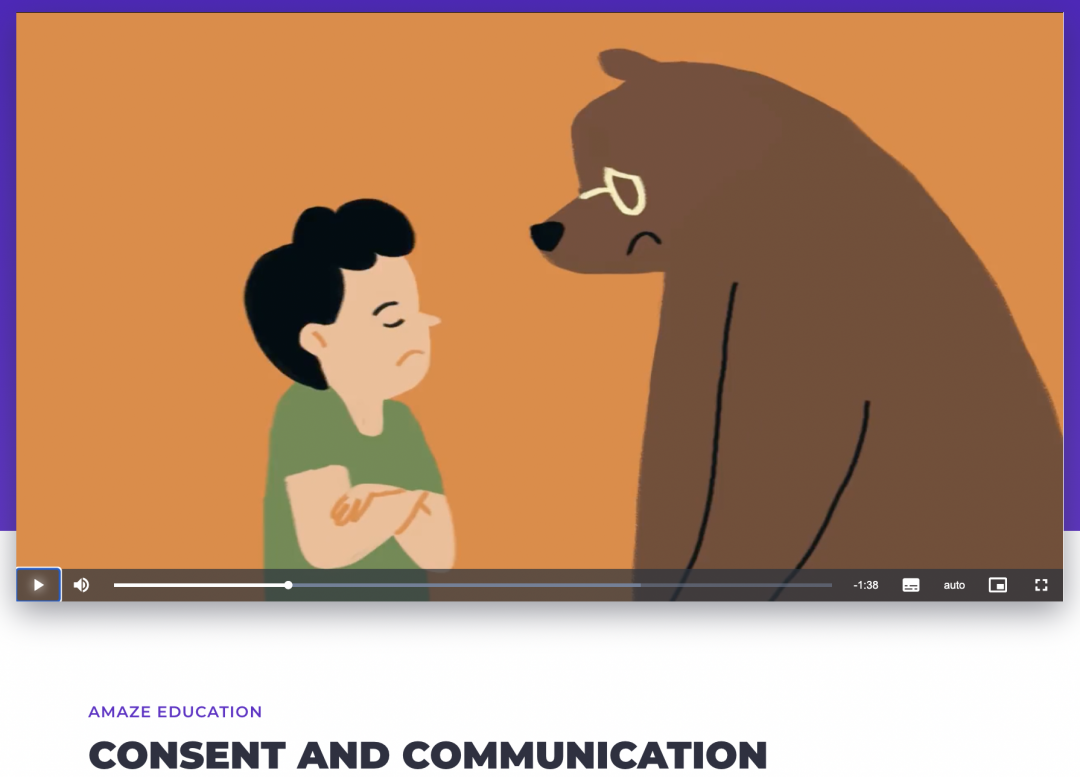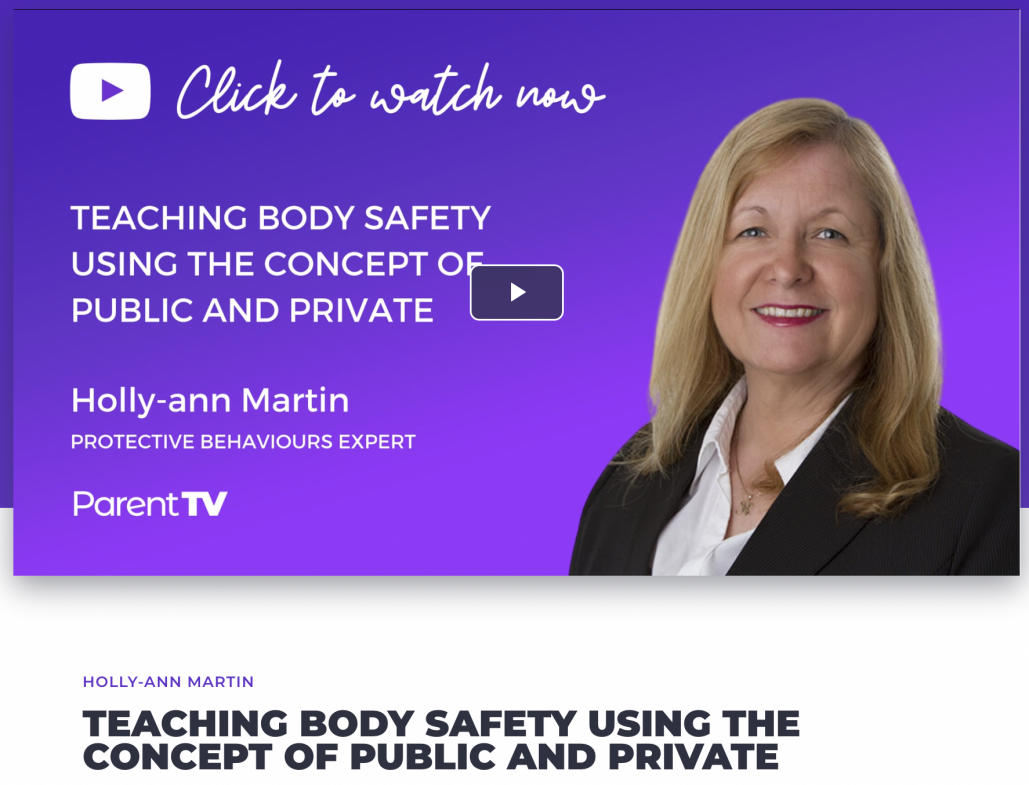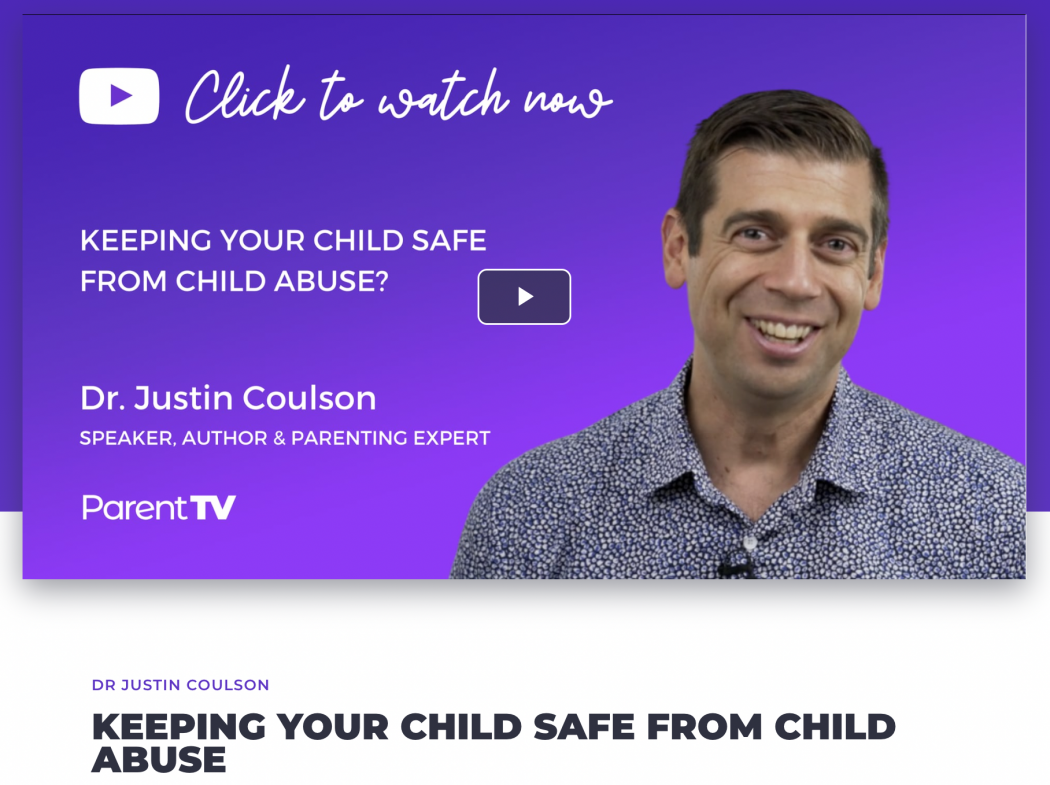Teaching Children about Consent: Empowering Kids with Body Autonomy
Categories: Safety
In a world that’s changing faster than we can keep up, there’s a super important topic we need to dive into: teaching our kids about consent and giving them the power of body autonomy. Yep, it’s a big deal! This isn’t just about keeping them safe; it’s about setting them up for healthy relationships and helping them build confidence and respect from the get-go.
1. Starting with the Basics
Alright, so where do we begin? Well, start early! Teach your little ones the names of their body parts – no funny nicknames here. Let them know that their bodies are their own private spaces. Lay down the foundation for open conversations, making it clear that it’s totally okay to talk about bodies.
2. Talking Their Language
Now, let’s talk about having “the talk.” But don’t worry, we’re not diving into awkward territory. The key is to have age-appropriate conversations. With the little kiddos, you’re chatting about personal boundaries and helping them understand that saying “no” is okay when something doesn’t feel right. As they grow, you can tackle more complex stuff, like consent in sharing toys or even giving and receiving hugs.
3. Show and Tell: Modeling Consent
Kids are like sponges – they soak up everything around them. So, lead by example! Always ask for their permission before giving a hug, tickling, or anything else that involves touch. By doing this, you’re showing them that everyone’s comfort matters.
4. Let’s Chat!
Building a space for open dialogue is a game-changer. Encourage your little ones to ask questions about anything and everything. No judgment here! This kind of talk builds trust and ensures they’ll always feel comfy coming to you for guidance.
5. It’s All about “Yes” and “No”
Time for some consent 101. Teach your kids that “yes” means yes and “no” means no. Sounds simple, right? This basic understanding is the building block for all future consent conversations. They’ll learn that they have the right to say “no” to anything that feels off and that their “yes” is equally important.
6. Feel Those Feels
Emotions can be tricky, even for adults. Help your kids recognize and handle their emotions. When they’re in tune with how they feel, it’s easier for them to spot situations that might be uncomfortable. Encourage them to talk about their feelings, and let them know it’s okay to feel whatever they’re feeling.
7. Bouncing Back
Life’s full of ups and downs, right? It’s important to teach your little ones how to handle rejection. Let them know that it’s absolutely okay if someone says “no” to them. Rejection doesn’t define them. Building this kind of emotional strength prepares them for life’s curveballs.
8. Lines and Limits
Boundaries, boundaries, boundaries! Make sure your kids understand that setting boundaries is totally okay. Whether it’s not wanting a hug or keeping personal stuff to themselves, they have the right to define their limits. But, here’s the cool part – they need to respect others’ boundaries too.
9. Navigating the Digital World
Nowadays, the online world is a big part of life. So, the consent talk needs to stretch to the digital realm too. Teach your kids not to share personal info, pics, or engage in chats that don’t feel right. Just like in real life, their online space is their own, and they should feel empowered to keep it that way.
10. Play It Right: Consent in Playtime
Playtime isn’t just about fun and games; it’s also a chance to teach consent. Encourage your kids to ask for permission before joining a game or borrowing a toy. This teaches them the importance of respecting others’ activities and belongings.
To wrap it up, teaching your kids about consent and body autonomy isn’t a one-time thing – it’s an ongoing journey. By starting early, keeping the lines of communication open, and being role models of respect, you’re giving your kids the tools they need to navigate relationships and life with confidence and kindness. So, let’s dive into those conversations and make sure our little ones grow up understanding the value of consent and respecting themselves and others.
Below are a few videos on ParentTV for any parents, educators or carers looking for further support and help with these topics.




